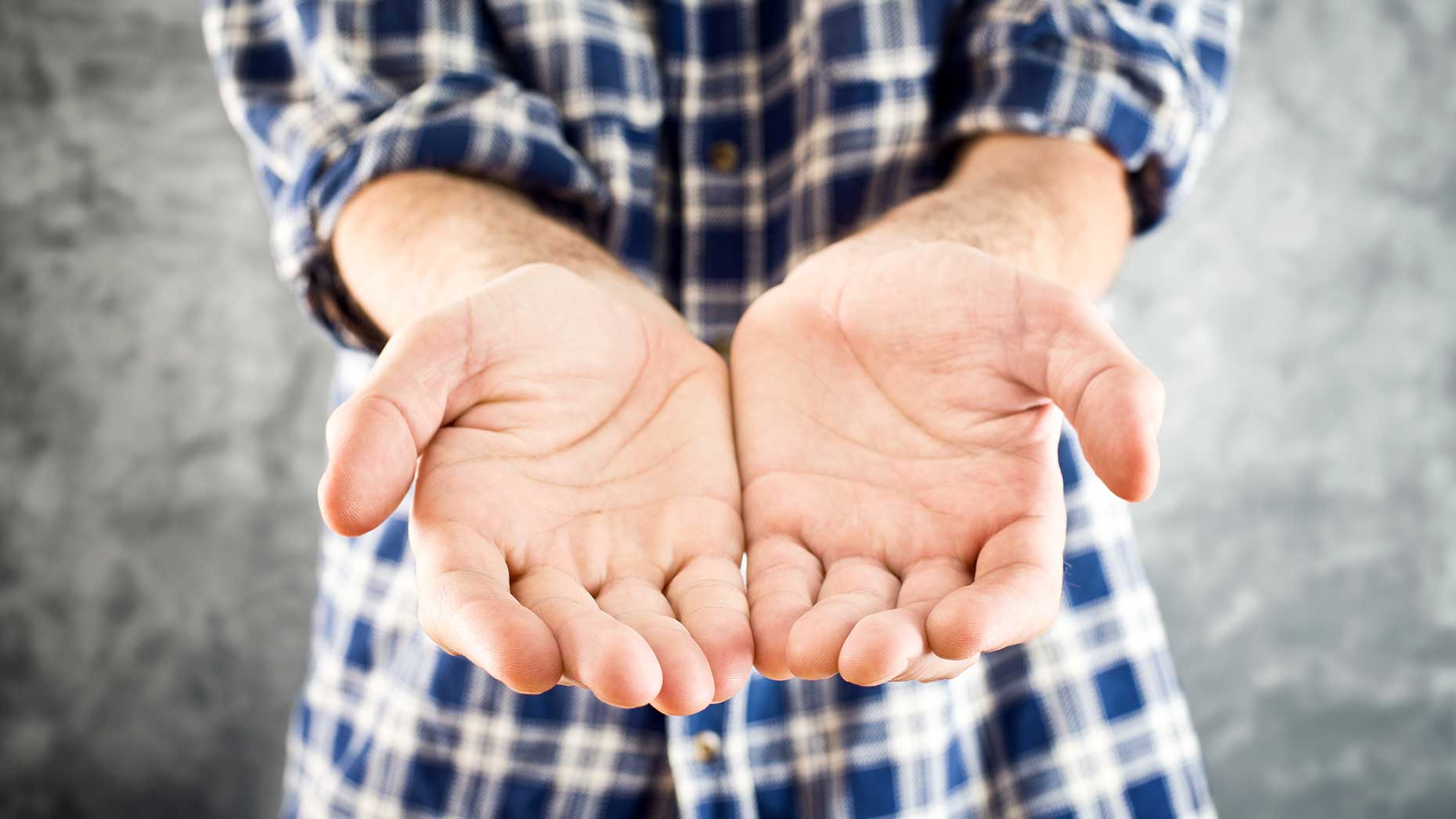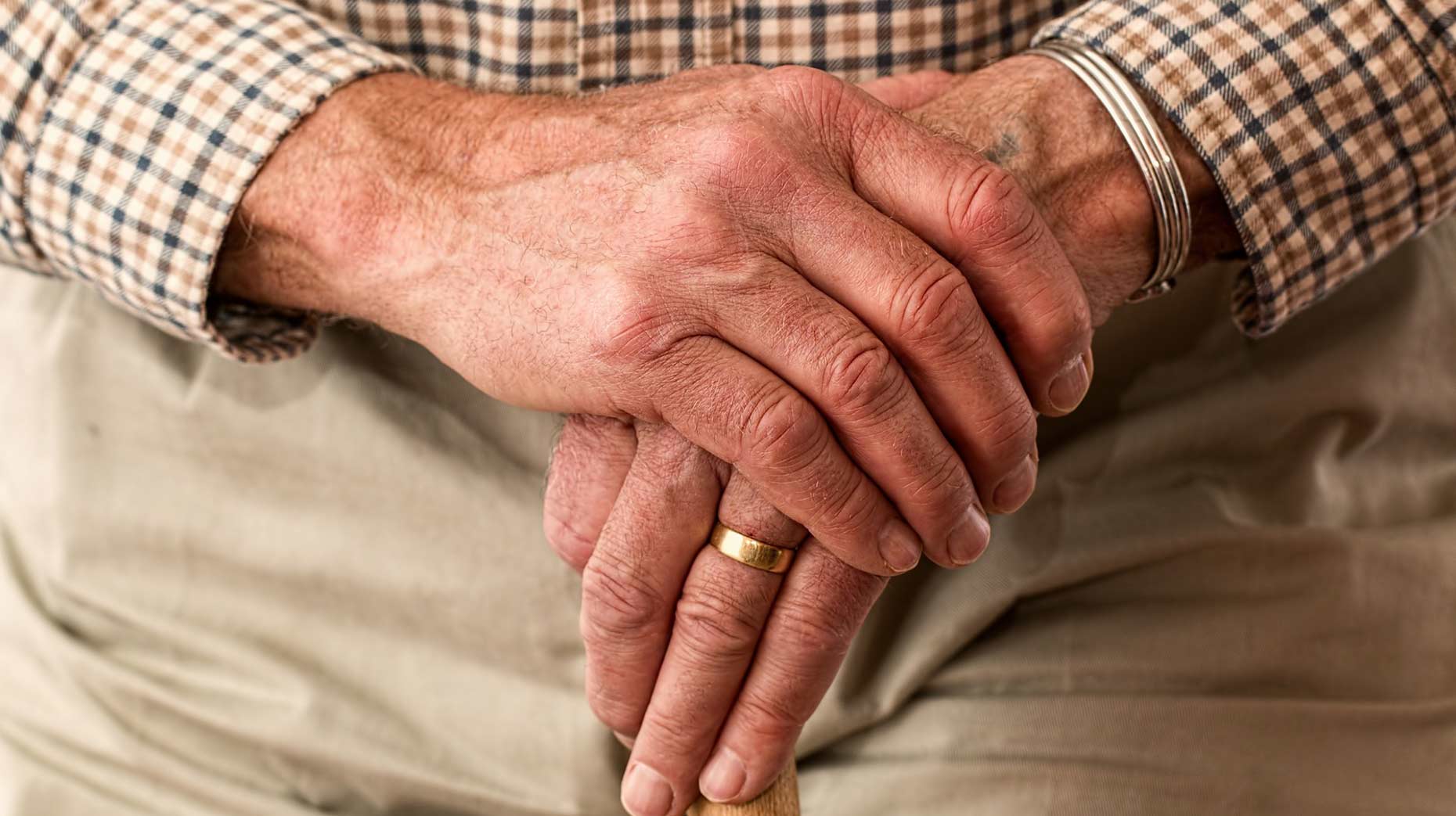“Charity begins at home, is the voice of the world: yet is every man his greatest enemy,” said Sir Thomas Browne in 1642. But what do we mean by charity? Is it simply the giving of money, or something more important — our time?
In 21st century Britain, have we become slaves to the modern world of “click and it happens”, somewhat reliant on shaking the money tree hard enough and trusting that something will fall out? In so doing we are turning our back on the real issues at home, which if not addressed can lead to considerable problems in modern Britain. These are problems that can be addressed locally by small local charities.
Daily we see the heartrending adverts on the television asking for two or three pounds a week to help save a donkey, a turtle or a child’s sight and many sign up not knowing how much of their three pounds will actually be used to care for the donkey, turtle or child.
Should we be looking at where our money actually goes, because the time it takes you to earn that money is as important as the actual money value itself? If the charity spends vast sums on buildings, staff and questionable activities and then says it is struggling to provide the basics for the people mentioned in their aims, surely we should be asking where the money is going.
For example, how can charities be leasing offices in central London costing millions a year, when there are people having to crowdfund for their cancer medication. Can any charity really argue it is right that some of their staff are paid large salaries out of the charitable giving of others.
Big multinational charities will argue that they have to employ people to manage their activity, but do they have to pay some of their people more than one hundred thousand pounds a year to do it? Surely if you choose to work for a charity you do so with a sense of altruism as well as gaining reward, be that financial or a private personal sense of well-being.
The argument used by the charities of getting the best people for the job is a weak one because the best person — if they are not purely financially driven (and is that really the type of person you want heading up a charity) — will still come forward.
Numerous small local charities run, as many people expect, with the volunteers giving their precious time for nothing — being only repaid expenses. Yet it is these very charities unable to afford massive television campaigns who make such difference to the local lives of communities.
So I ask you reader the question, next time you think about signing up for three pounds a week for a large multinational, would your annual one hundred and fifty pounds be better donated to a local charity?
— David Harding-Price is the Charity Secretary of MattDotCom.







